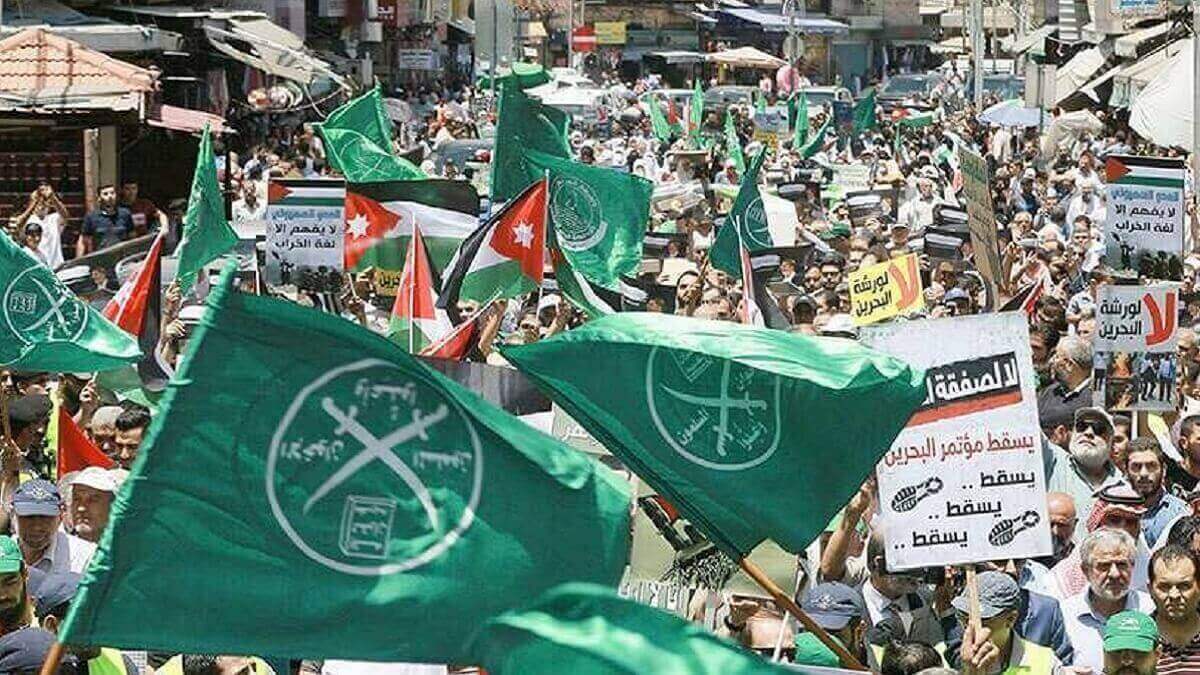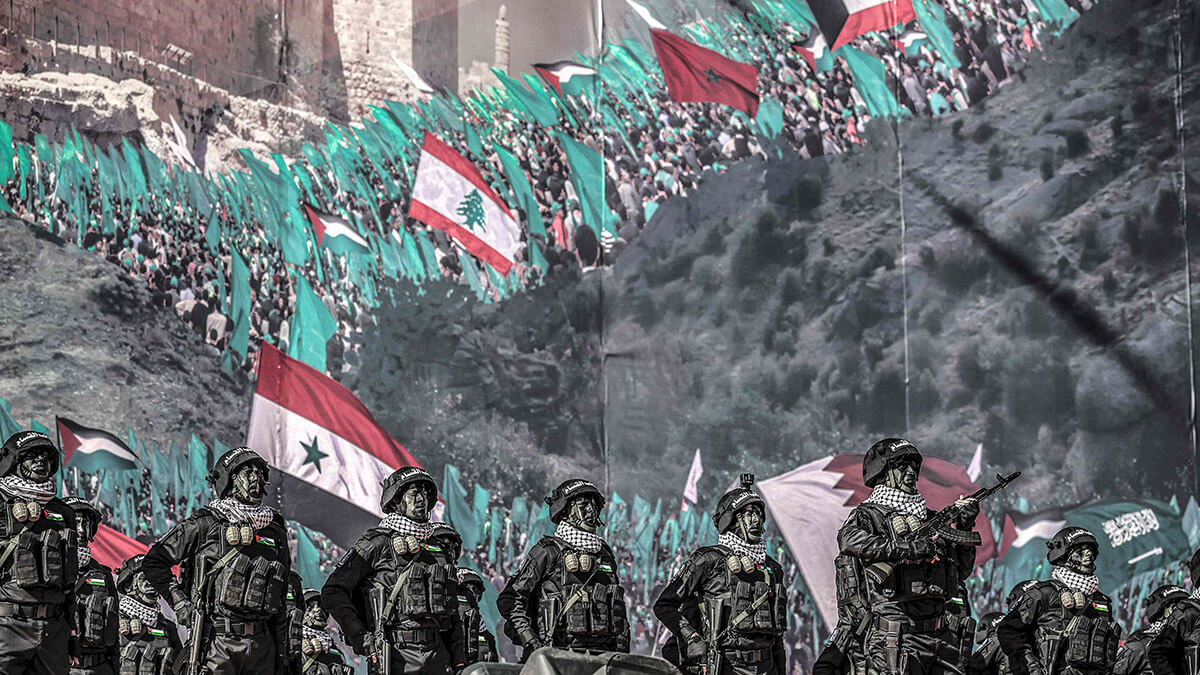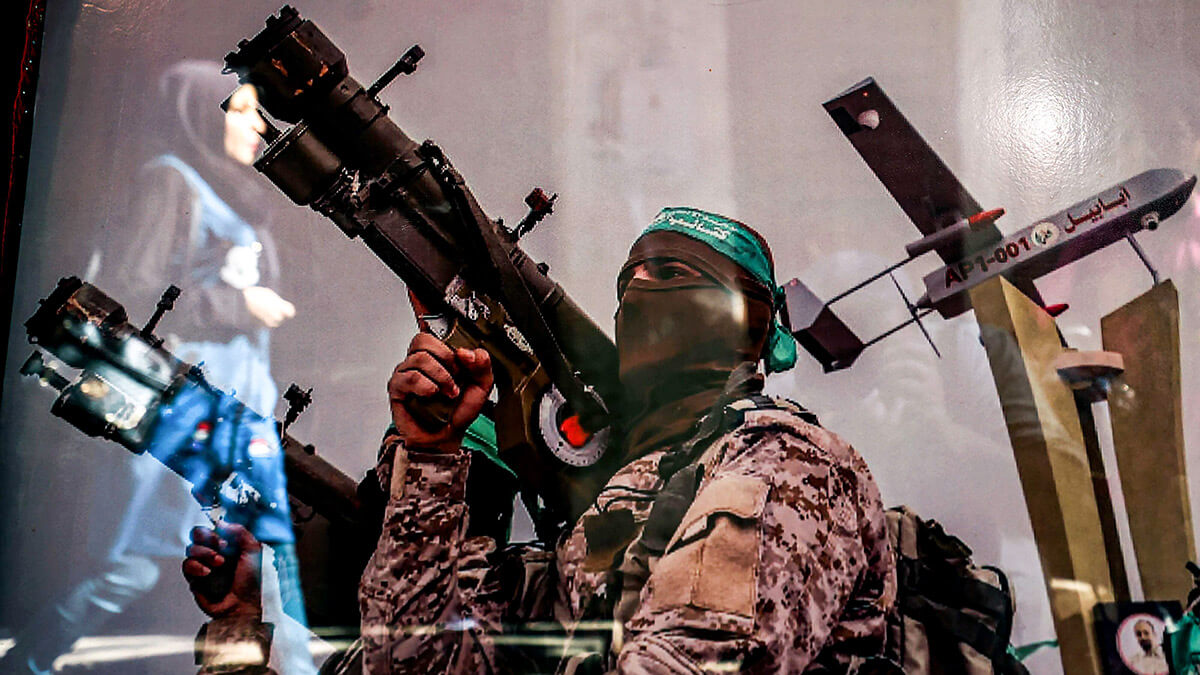Gaza war exposes regional terrorist groups' loss of influence

Hamas's terrorist attack on civilians in Gaza opened the door to violence - if it had ever been closed in the Strip - and created a context from which all sides want to profit. Terrorist groups in the region were the first to see a window of opportunity to gain advantage and reinforce their extremist message among the population in neighbouring countries.
The failure of terrorist attempts to gain public support
The Muslim Brotherhood and Daesh are among the terrorist groups that have sought to use Hamas's killing in Gaza to try to boost their popularity in certain regions. However, the results have not had the response their leaders had anticipated. Mahmoud Fathi, an Islamist leader linked to the Muslim Brotherhood, called for a general strike in Egypt under the title "The Flood of the Nation" that was barely followed.

They had hoped to regain some of their popularity after years of decline, but even the upsurge in violence has failed to mobilise those who unsuccessfully seek to radicalise society. To this must be added the differences that have emerged in the days following the Gaza attack.
The map has become very complex with the entry of Hezbollah and the escalation of violence by the Iranian-backed Houthis. Each seeks to take advantage of an unstable situation, but the reality is that the only fruit that falls from the tree of chaos is destruction and loss of life. Far from benefiting, the Middle East is plunging into a new dark chapter in its history, with more and more edges complicating the regional chessboard.

The separation of politics and religion
The weak, if not virtually non-existent, popular response to Islamist campaigns is linked to the evolving political landscape in most countries in the region. Unlike in the context of the misnamed 'Arab spring', politics and religion have gradually separated - although important theocratic examples such as the Ayatollah regime in Iran remain - leading to less extremism in much of society.
Indeed, Cairo has carried out an intense campaign to prevent the Muslim Brotherhood from further inflaming Egyptian society. Thus, a major transformation was achieved which, as has happened in countries such as the United Arab Emirates and Morocco, has even led to the construction of synagogues in these states.

It has been the society of these countries itself that has put the brakes on an expansion of extremism that has lost momentum. Even what should be a favourable context, such as Israel's violence against the Palestinians, which has already exceeded any principle of proportionality, has not served to motivate the protests.
Although the West shares an almost unanimous opinion on the Israeli-Palestinian war, with the overwhelming majority in favour of Tel Aviv, Arab countries have denounced the unconscionable violence of the Israelis. They have even blocked the normalisation of relations that was about to materialise, as was the case with Saudi Arabia, which is now demanding to address the Palestinian cause, as a first step towards resuming talks on this dossier.








